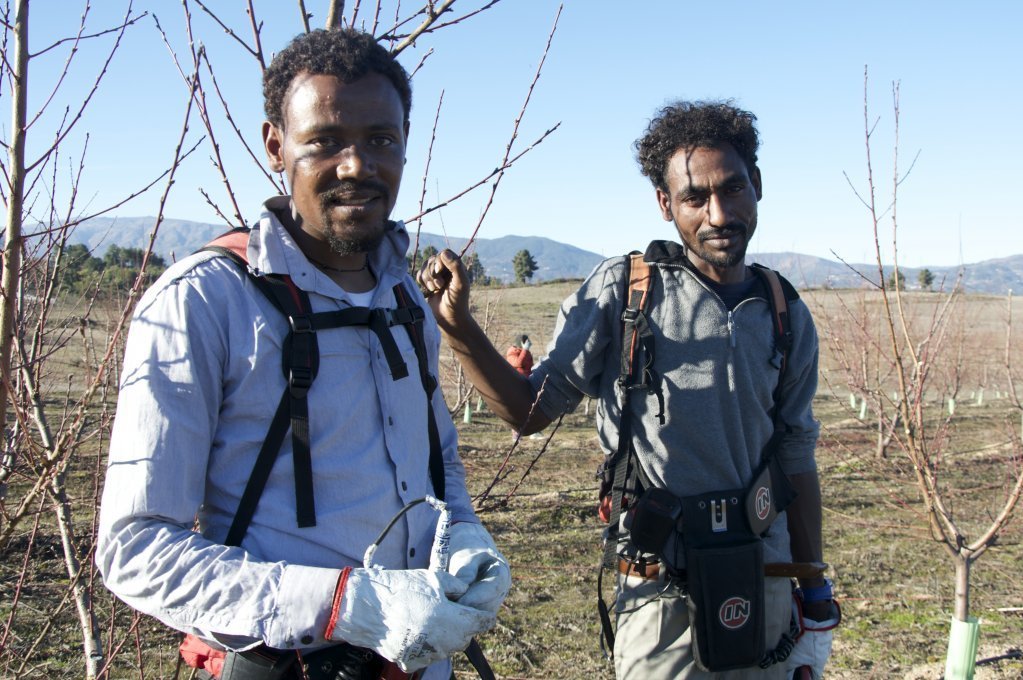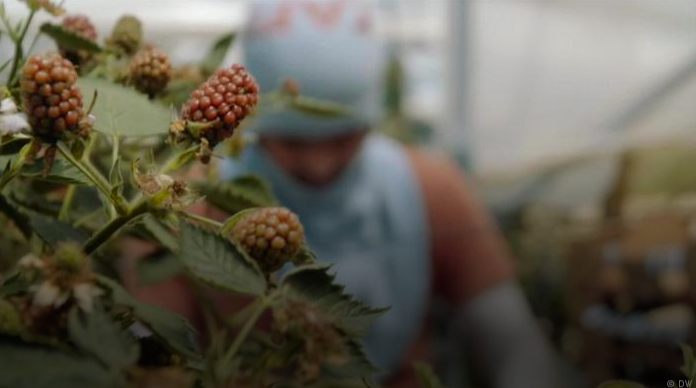New immigration rules in Portugal have suddenly closed the path to legal status for foreigners who entered the country irregularly. Many say the move will lead to greater hardship for migrants.
For many years, migrants, whether they entered legally or not, could achieve legal status in Portugal through work, entrepreneurship, or freelancing. Portugal had a reputation as one of the EU's most welcoming countries for immigrants.
Since 2007, Lisbon allowed people with valid visas to work anywhere in Europe to be regularized. In 2018, the former socialist government extended this to those entering without a valid visa. This long-standing process has now been ended by the new government.
On Monday, June 3, Portugal's cabinet proposed a decree to tighten immigration policy, which was quickly approved by the president and published in the official gazette.
The government announced 42 new measures to manage migration flow. Articles 81, 88, and 89 of Immigration Law 59/2017, which allowed immigrants working for at least a year and contributing to social security to become legal, were revoked. This means the legalization process through those articles is no longer possible.
Also read: Portugal's new government tightens immigration rules
Migrants make up 10% of population
According to AIMA, Portugal's integration and migration agency, the number of non-European immigrants has doubled in the past five years. Many come from South Asian countries, working in agriculture, fisheries, and the hotel-restaurant sector. In the last decade, many citizens from India, Bangladesh, Nepal, and Sri Lanka have settled in Portugal. By the end of last year, immigrants made up 10 percent of Portugal's population.

Prime Minister Luis Montenegro stated that the government wants to "end excessive abuse" of the migration policy, calling these changes a "new beginning." He told the media that the move was necessary due to "excessive pressure" despite the need for migrants to address Portugal's declining population.
According to Portuguese government data, about 180,000 immigrants were legalized in the country last year.
What are the changes in the new decree?
Immigration lawyer Gabriel Klemez Klock, speaking to InfoMigrants on June 4, explained that the decree was issued with 'incredible speed,' repealing key articles of the Immigration Act 23/2007. He expressed disappointment that no deadline or 'transition period' was given for irregular migrants waiting to apply for residence permits.
Klock said,
Those who already applied or have their files locked will be covered by the old law. But for those working, paying taxes, and hoping to become legal, it’s really disappointing. Many of my clients were waiting to submit their applications, but this sudden decision changed everything.
Klock agreed that concerns about immigration and the backlog of 400,000 pending residence permits are valid but argued that cancelling the entire decree was neither logical nor wise. He noted that getting appointments at Portuguese embassies is difficult, and this decision will likely increase irregular migration and migrant suffering.
The International Organization for Migration (IOM) declined to comment to InfoMigrants, saying it was too soon to make a statement.
Last destination for south asian migrants
For migrants from South Asian countries such as India, Pakistan, Sri Lanka, Nepal, and Bangladesh, Portugal was the last hope for obtaining permanent residence in an EU country. According to Portuguese authorities, more than 86,000 South Asian citizens were legalized through the former pathway between 2018 and 2022.
Last year, InfoMigrants spoke to the former Immigration and Border Service (SEF), now known as AIMA, about statistics on citizens from Bangladesh, India, Pakistan, Nepal, and Sri Lanka from 2018 to 2022.
In 2022, Indians topped the list of South Asian countries for obtaining legalization, with 34,232 Indian immigrants becoming regular in Portugal. This was a 12 percent increase compared with 2021, when 30,251 Indians were regularized. From 2018 to 2022, a total of 118,000 Indian immigrants gained legal status in Portugal.

Nepal ranked second among South Asian countries, with 23,441 Nepali citizens becoming regular migrants in 2022, about nine percent more than the previous year. Bangladesh ranked third, with 17,169 Bangladeshis registered as legal immigrants in 2022, a 64 percent increase from 2021.
Pakistani nationals were fourth, with 11,385 immigrants legalized last year, a 66 percent increase from 2021. Meanwhile, 134 Sri Lankan nationals were registered as legal immigrants last year, the lowest number compared with other South Asian countries.
InfoMigrants also observed frustration among many migrants waiting to get regularized in Portugal, as expressed on social media platforms like Facebook and TikTok. Abdul Karim, a 33-year-old Bangladeshi migrant, spoke to InfoMigrants on Tuesday, saying, "I already have 10 pay slips, I pay taxes, and I've been living here for a year and a half. But with this decision, I have no hope. Everything is finished!"
With AFP
